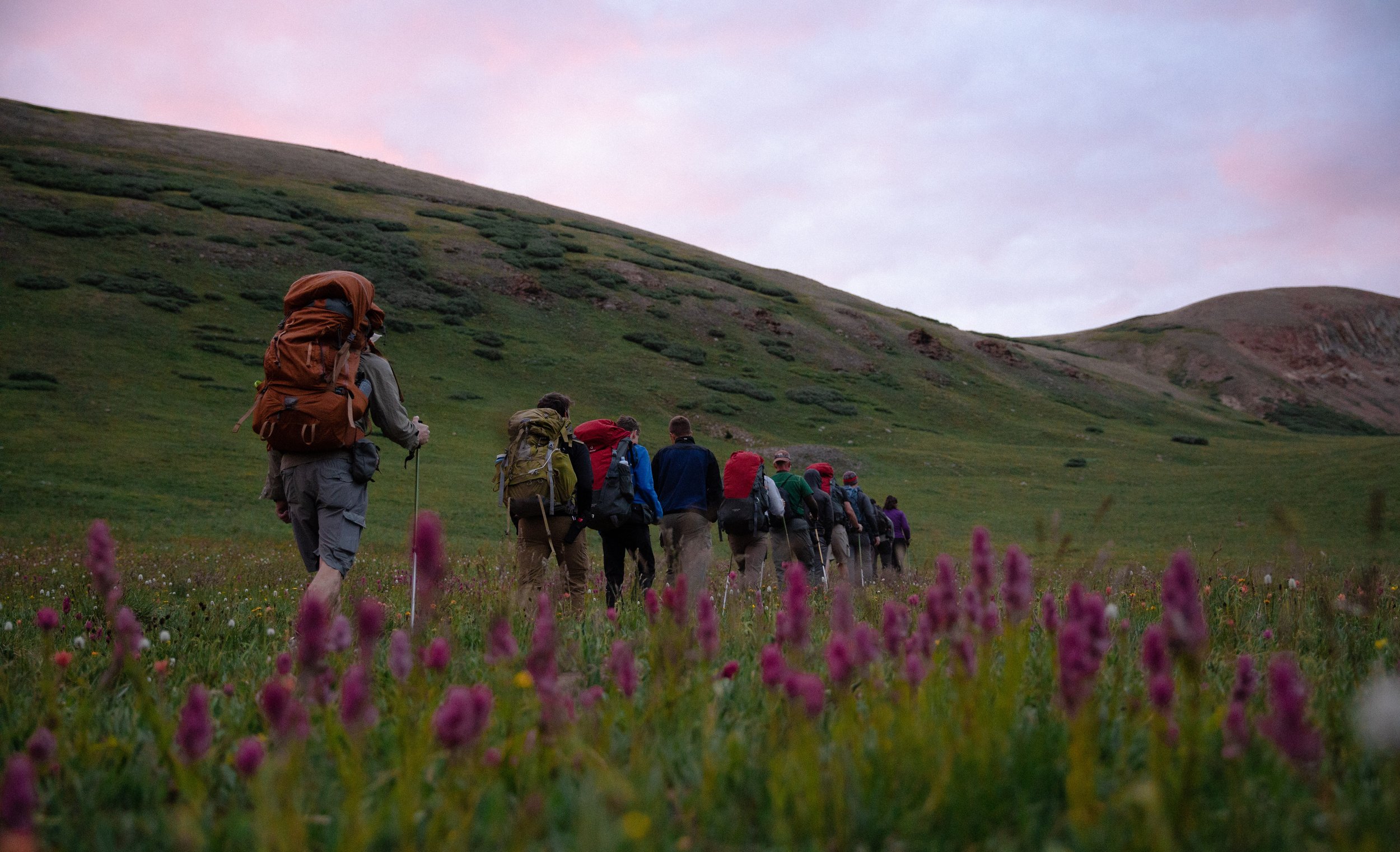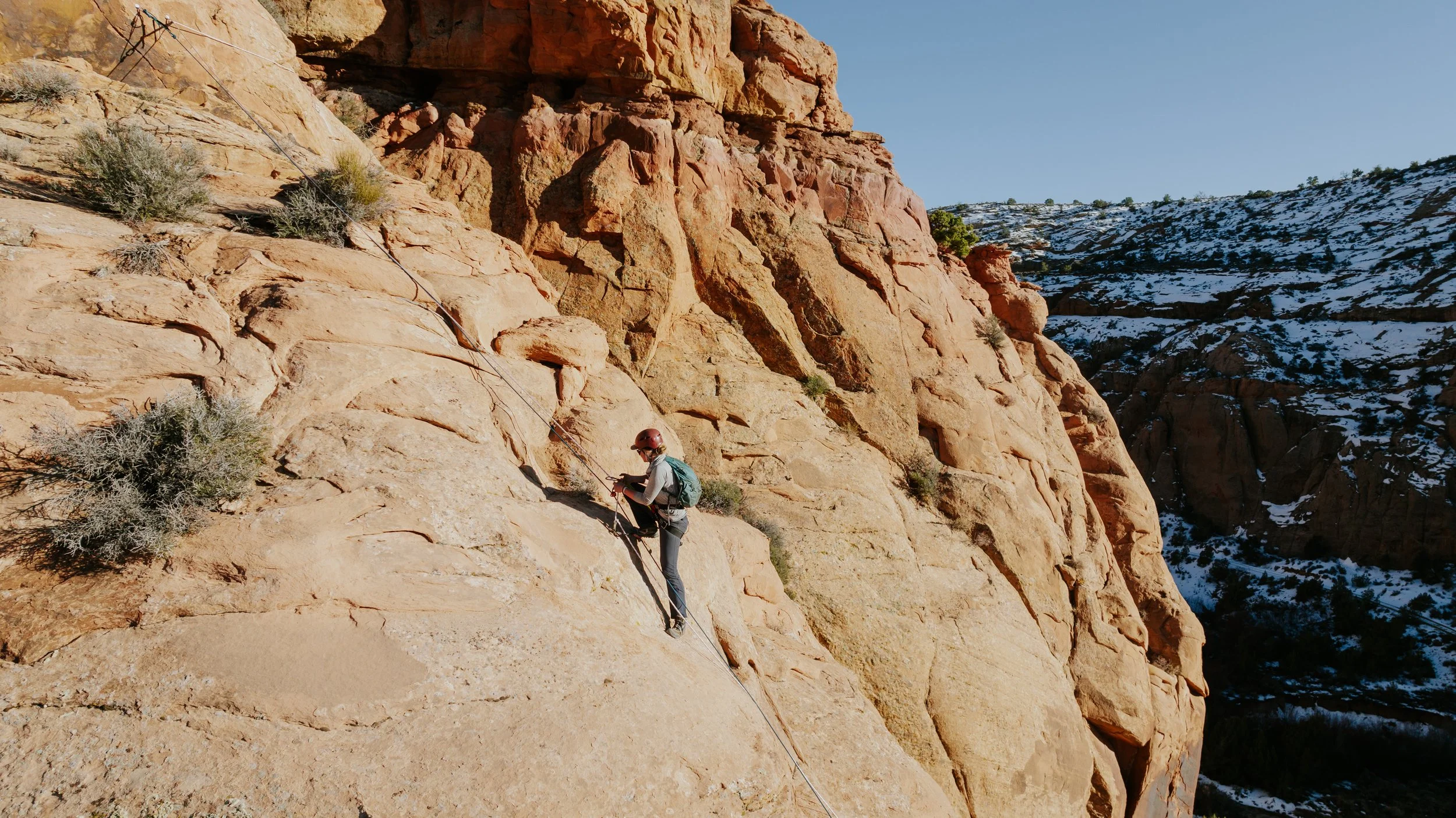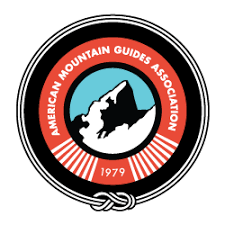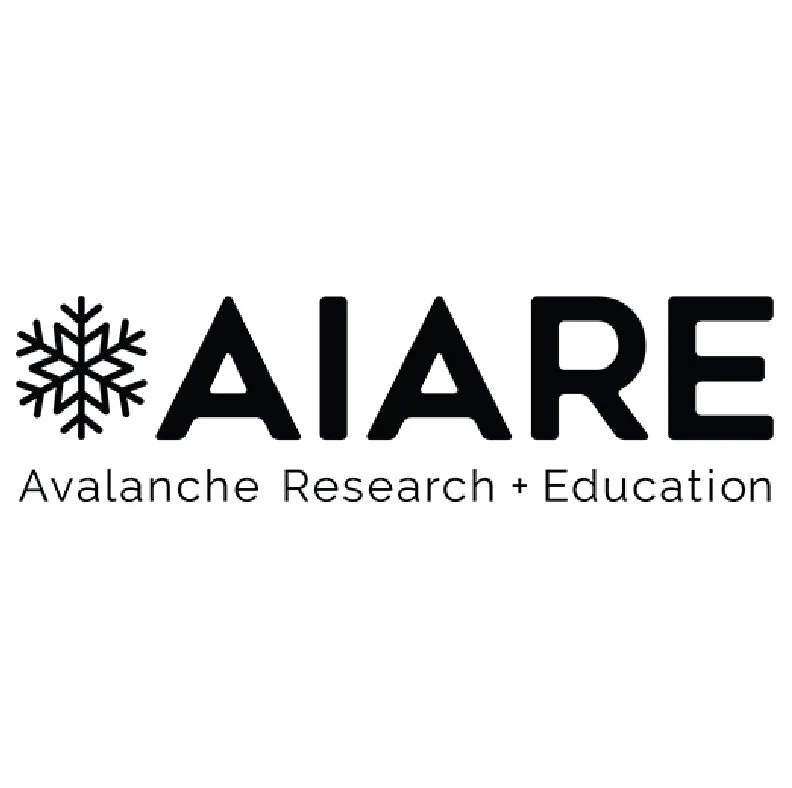Risk Management
Our Professional Experience and Risk Management
Risk management is a top priority at COR. Our excellent risk management record, expertise, certified instructors, and extensive training all point to our high standards and commitment to our participants.
Our staff have been designing and instructing courses for over 25 years in nearly every outdoor environment all over the United States and on 5 continents. COR Expeditions has provided over 50,000 program days on more than 300 courses ranging from 1 to 3 weeks in length. COR has never had a fatality or life threatening injury. While we inevitably have to evacuate students, our evacuation rate is well below the industry standard for the activities we conduct.
COR Expeditions’ professional instructors are highly trained and certified outdoor professionals who work full-time, year-round to maintain and expand their instructional skills. Each instructor must have a minimum 10 weeks of professional field experience and hold numerous nationally recognized certifications such as Wilderness First Responder, CPR, avalanche awareness and rescue, rock climbing instruction and rescue, swiftwater rescue, and more.
One of the most critical factors in risk management is mindset. COR staff not only know that there are many risks in the activities we do, but most importantly that our fundamental mindset is prevention and mitigation. Some risks are tolerable for the sake of good learning outcomes, while others are not. We do our best to plan for and mitigate the likely hazards our courses will encounter and help our students engage in the skills of adapting their behavior and decision making to avoid unintended consequences.
Before every trip, COR staff spend many hours planning and preparing for both subjective and objective hazards. Subjective hazards are those that are subject to human influence. For example, fatigue, group dynamics, and personal decision making. Objective hazards are those that are outside the sphere of human influence: weather, terrain, wildlife, etc. COR instructors do everything that they can to prepare for potential hazards so that they can manage risk in a professional manner.
In the field, staff are continually engaged in risk assessments. Staff conduct multiple risk management briefings and debriefings each day to assess and evaluate responses. Additionally, staff work together to observe participants and their behavior to adapt the course to avoid injury or illness. Every participant's actions are impactful to a COR course. Because we work in complex, wild, and remote areas, with students who each bring unique physical and mental states, COR reserves the right to make changes to course itineraries, curriculum, activities, and enrollment.
In the event of serious emergencies, our staff have over four weeks of evacuation management training to rely on. In addition, every instructor is a WFR (Wilderness First Responder). Every course has a satellite communication device, robust first aid kits, medications, and a 24/7 on-call team of outdoor and medical professionals. Some injuries or illnesses can be managed in the field, while others may require evacuation to definitive care. We do our best to be able to treat or evacuate students when needed, however the difficulties presented by being days away from treatment in wild environments make this very complex at times. Communications to the front country may be interrupted or impossible. Weather, terrain, and other factors may make evacuation difficult or impossible.
“Far better it is to dare mighty things, to win glorious triumphs, even though checkered by failure, than to take rank with those poor spirits who neither enjoy much nor suffer much, because they live in the gray twilight that knows neither victory nor defeat.”
— Theodore Roosevelt
We are proud of our risk management record and we are committed to continuing to pursue excellence in all of our operational standards. However, it is important to understand that the risk of serious injury and even death is always present. Errors in judgment in complex, remote environments can have unintended and severe consequences. Having said that, our incident record is a testament to our training and standards. We believe that these inherent risks are part of what make the backcountry such an excellent setting for learning and growth and that they are manageable (See “Why Risk”).
COR has an internal risk management team which meets to evaluate current practices and any incidents. Additionally, this team invites external parties to conduct evaluations and standard comparisons. These parties have included outdoor and medical professionals from nationally recognized institutions. These meetings and reviews help COR recognize trends, adapt standards, and pursue operational excellence.
The outdoor program of Wyoming Catholic College is accredited through the Association for Experiential Education (AEE). AEE is the premier accrediting body for outdoor education in the country. This ensures that courses are conducted to the highest standards and are under scrutiny by external professionals.
COR Employees are Certified with:









